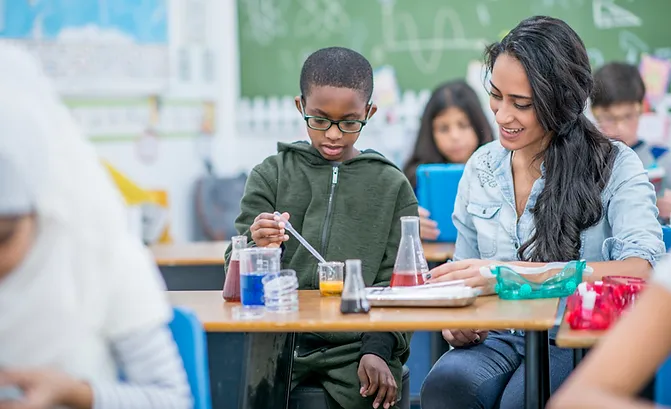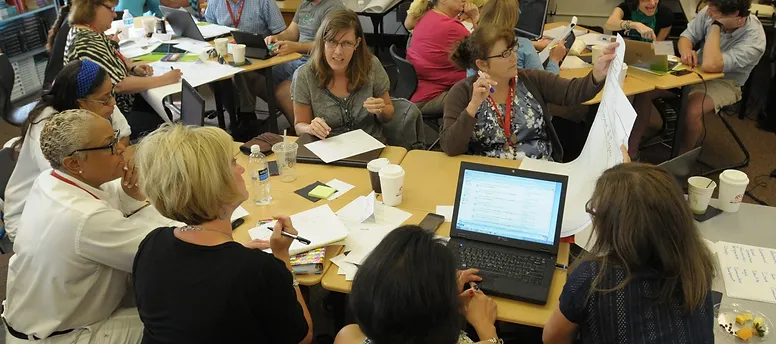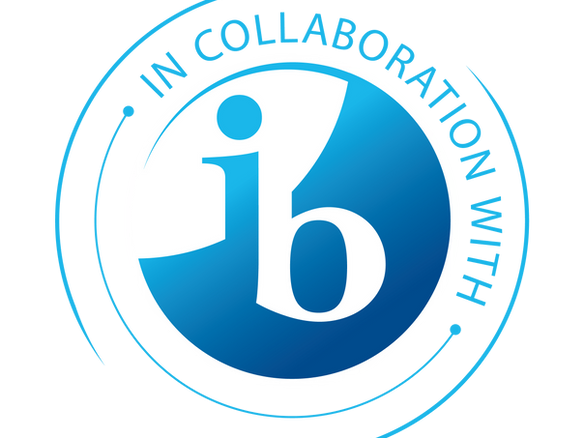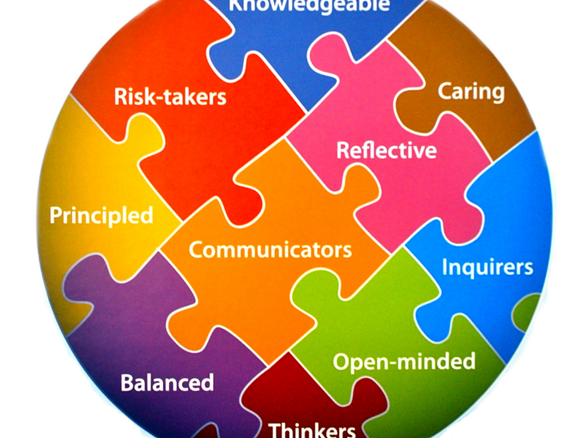Updated: Jul 27, 2022
Writing Professional Development Goals for Your Annual Evaluation
What are Development Goals for Work & Why Should You Write Them?
It is that time of year again where we have to write our professional learning & development goals for our annual evaluation. In my twenty years as a K-12 administrator at the school and district level, I have created, read, and coached staff in creating such goals continuously. Since many of us do this activity just once every year, it is nice to have a few reminders to make it easier. Summarize the contents of this article and invite to keep reading,
First, think about what skills, practices, or knowledge you would like to acquire, enhance, or refine to empower you to help students learn at their highest levels. When writing your professional development goals for work, you could reflect on the following questions:
· Do I want to find practical ways to get my students thinking critically?
· Do I need more strategies to engage all learners in the classroom?
· Do I want to expand my toolbox of methods for facilitating group work and discussions so I can assess where students are and provide feedback in real time?
· Do we have program needs, changes, or requirements that I want to be sure I am up-to-date with implementing?
These kinds of questions can assist in determining meaningful choices. (SPECIFIC)
Next, consider your students’ learning needs. You might explore the following questions:
· Do I need more professional learning in how to take students from where they are currently to their next level of growth in a particular area?
· Are there dispositions that if I knew better how to instill them in my students, they would make more progress?
· Are there curriculum innovations or research-based learning tasks that I feel would be beneficial to enhance my current knowledge?
· Are there teaching and learning standards that I should target?
· How many times or how long will I engage in each specified professional learning activity?
· How will I measure the attainment of my goals? (MEASURABLE, RELEVANT, TIMEBOUND)
Finally, choose that area that you really want to work on after reflecting. Consider what professional learning offerings are available that best match to this area. You may ask yourself:
· What actions will I take to attain my goals?
· Do my professional learning goals compliment my student achievement goals? (ATTAINABLE)
How To Set Professional Development Goals
Now that you know what area you want to target and the professional learning activities that will support your goal, it is time to consider how to put the goal into a goal statement.
As background work for creating SMART goals, you have done the reflections by asking yourself the right questions. You can record your thinking in the template provided below as a tool for writing your goals. Begin your goal with the timeframe, followed by what you will do, and the way it will be measured.
Professional Development Goals for Work: X Examples
Now that you have recorded your thinking, you are ready to write your goals. Here are examples to provide further guidance as you write goals that are sure to give you direction for the year ahead.
- Implement Thinking Routines
Add an explanation for why this goal would be worthwhile in career development.
Achievement Goal Example: In the 2019-2020 school year, I will use visible thinking routines daily as a way to gather formative data and determine how to differentiate instruction to facilitate predicted or higher academic growth on the MAP assessments.
- Improve Your Credentials
Professional Learning Goal: In the fall of the 2019-2020 school year, I will attend the Cultures of Thinking workshop and read the book, Creating Cultures of Thinking: The 8 Forces We Must Master to Truly Transform Our Schools by Ron Ritchhart to further my development in creating a culture of thinking in my classroom.
Please repeat this structure for at least 10 goals. Make them general & not only teaching related.
- Improve my Professional Network
Explain Goal, add link to CASIE Events & Goal example





